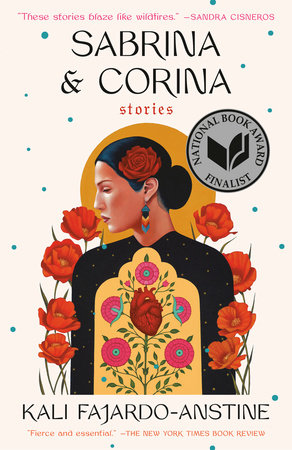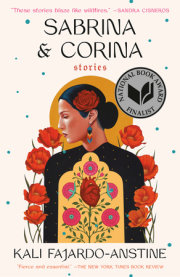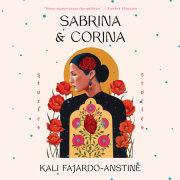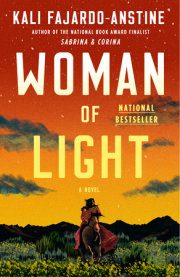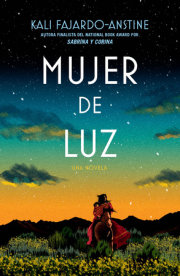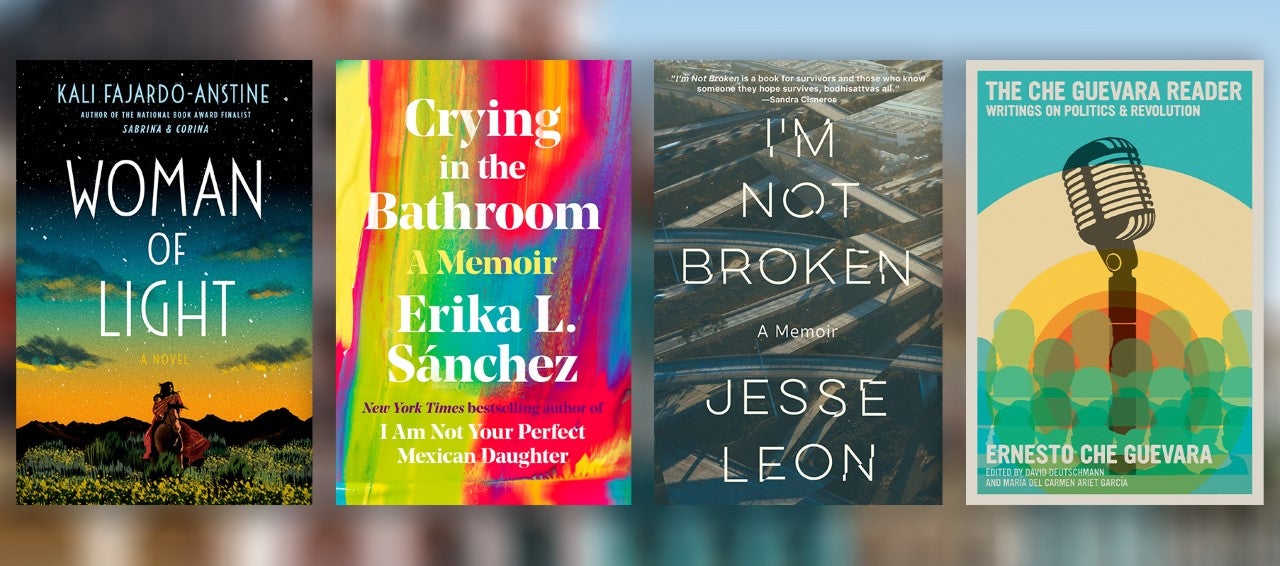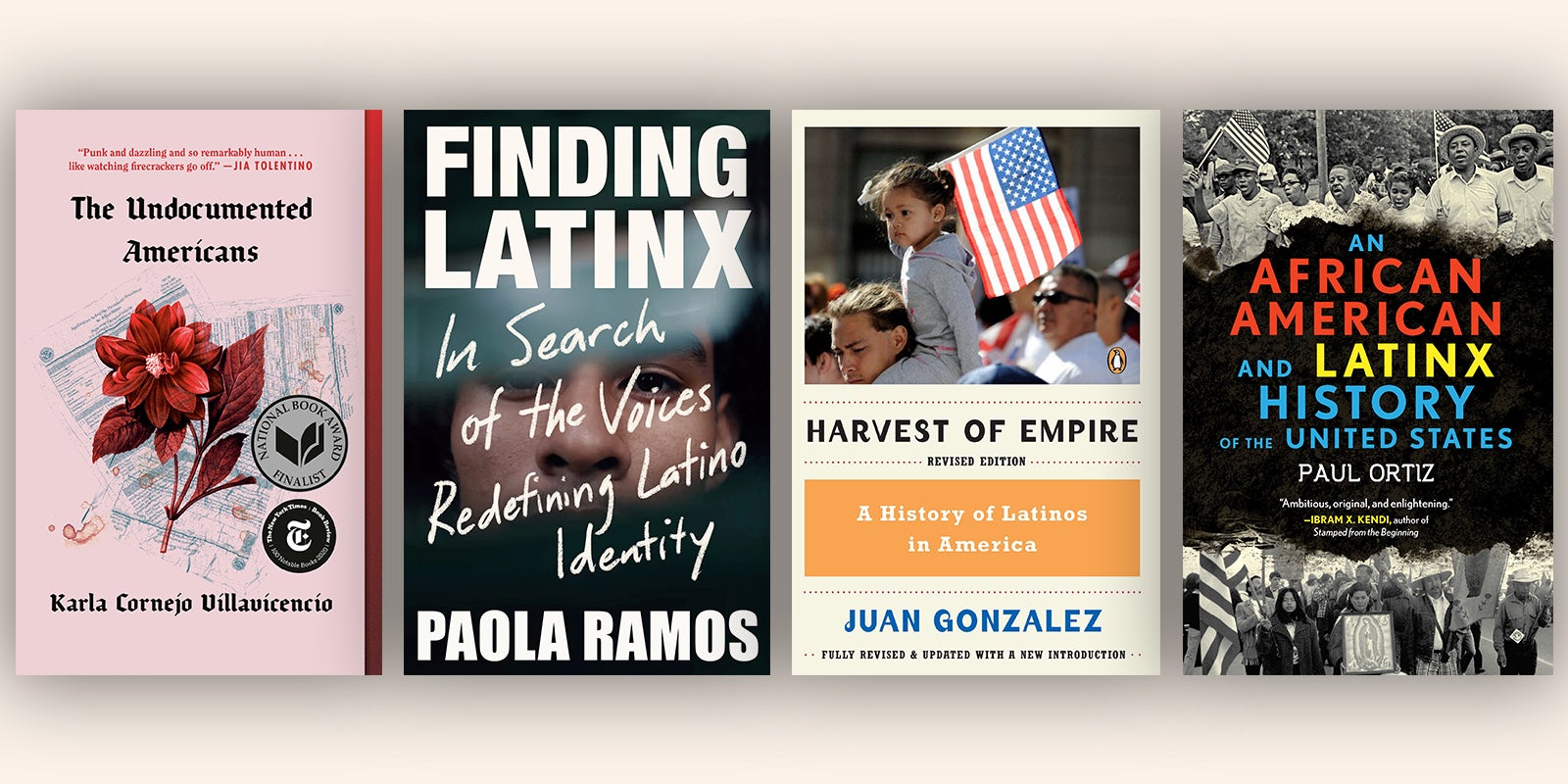Chapter 1
Sugar Babies
Though the southern Colorado soil was normally hard and cakey, it had snowed and then rained an unusual amount that spring. Some of the boys in my eighth-grade class decided it was the perfect ground for playing army. They borrowed shovels and picks from their fathers’ sheds, placing the tools on their bicycle handlebars and riding out to the western edge of our town, Saguarita, a place where the land with its silken fibers of swaying grass resembled a sleeping woman with her face pressed firmly to the pillow, a golden blonde by day, a raven-haired beauty by night.
The first boy to hit bone was Robbie Martinez. He did so with the blunt edge of a rusted shovel. Out of the recently drenched earth, he lifted a piece of brittle faded whiteness and tossed it downwind like nothing more than a scrap of paper. “Look,” he said, kneeling as if he was praying. “Everybody come look.”
The other boys gathered around. There in the ground lay broken pieces of bowls with black zigzagging designs. Next to those broken bowls were human teeth, scattered like dried kernels of yellow corn. Above them the sun had begun to fade behind the tallest peak of the Sangre de Cristo Mountains. The sky was pale and bleak, like the bloated belly of a lizard passing above.
“Don’t touch it,” Robbie said. “None of it. We need to tell somebody.”
And tell they did. The entire town. Everyone, it seemed, was a witness.
Days after their discovery, our final eighth-grade project was announced. We gathered in the gym for an assembly. The teachers brought together the boys from technical education class and the girls from home economics. We sat Indian style in ten rows beneath dangling ropes and resting basketball hoops. The room smelled like a tennis ball dipped in old socks and the cement walls were padded in purple vinyl—supposedly to minimize dodgeball injuries. I thought it looked like a loony bin.
Mrs. Sharply, a bug-eyed woman with a neck like a giraffe’s but a torso like a rhino’s, stood before us on a wooden box. “For the remaining two weeks of your junior high career,” she said, “you will care for another life.” She then reached behind her into a paper grocery bag, revealing a sack of C & H pure cane sugar. “Sugar babies. We will be raising our very own sugar babies.”
Older kids had gossiped about notorious school projects. We had heard stories of piglet dissections, the infamous “growing and changing” unit, rocket launches with carbon dioxide canisters, and a cow’s lung blackened and doused in cigarette smoke, but no one had warned us about this.
“Sugar babies are a lot of responsibility,” Mrs. Sharply said as she stepped down from her box and paced with the sugar sack. She explained we were to be graded on skills like feeding, bonding, budgeting, and more. She then passed around diaper directions.
“We do it all alone?” It was Solana Segura. She was behind me, her perpetual whimper causing every sentence to end like a little howl. “Like single moms and stuff?”
Somewhere, down the rows, a boy croaked, “But the DNA shows I am not the father.”
We chirped with laughter until Mrs. Sharply held up two fingers, signaling silence. “Of course not. You’ll be in committed partnerships. We’re drawing names.”
A teacher’s aide in Payless flats scurried like a magician’s assistant toward Mrs. Sharply. She carried two Folgers cans decorated in pink and blue glitter. Mrs. Sharply set down her sugar, taking the cans from the aide and giving each a good shake. From the pink can, the first name she pulled was Mimi Yazzie, who stood and slinked forward, burying her face into her arms as Mrs. Sharply called out her partner, Mike Ramos. This cycle of humiliation lasted for several more rounds before I was partnered with Roberto Martinez, the bone boy.
After school, Robbie and I sat outside on the swings. He was a scrawny kid with frequently chapped lips and a light dusting of freckles across his low nose. He played soccer and always wore a beat-up blue windbreaker and knockoff Adidas sneakers, with four stripes instead of three. The sugar baby was planted snug in his lap, balanced ever so gently between his two stick-arms. His dark eyes were so big and wide they resembled two brown pigeon eggs and he spoke with a quavering, squeaky voice. “They said we have to name it. Do you want to pick it out, Sierra?”
“No, you name it.” I swung up. “And you take it home tonight.” I swung down. “I’ll watch it tomorrow, but only if I have to.”
“That’s cool,” he said. “What about Miranda? That’s my grandma’s name.”
“Whatever,” I sighed, leaning back on the swing. “Name it after your grandmother. Name it after your entire family. I don’t care.” I pumped until the rusted chain pulled taut. Then I jumped, landing in the mushy gravel with both feet. I took off for home.
Copyright © 2019 by Kali Fajardo-Anstine. All rights reserved. No part of this excerpt may be reproduced or reprinted without permission in writing from the publisher.

